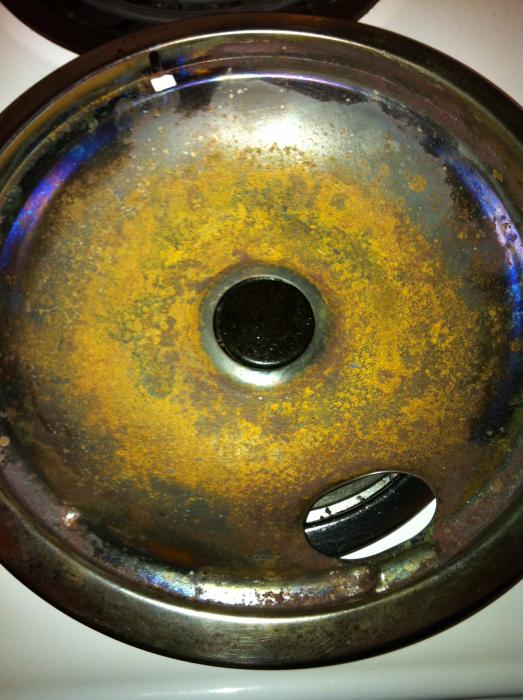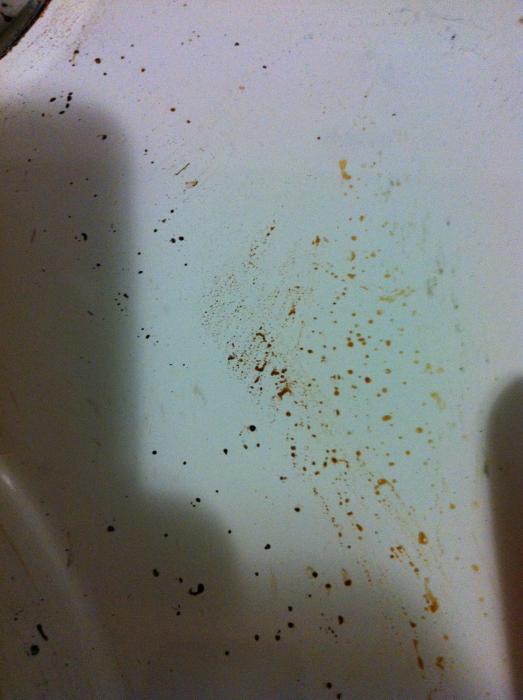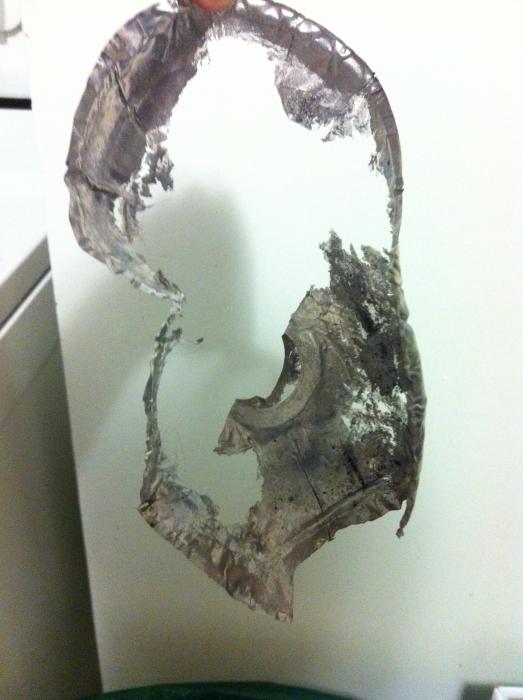Thanks, borny! I ended up with one that looks identical to yours - is 4mm thick. I went with a Winco one that has a thicker bottom and is 32 qt. Oxidized last night and it looks nice now - ready for some brewing anyway. I need to find a way to insulate the pot now though as it boils awesome with the lid on...but then as soon as i take it off it goes back to 211.
Since I got the dang thing just so I could start doing full boils, that's not going to cut it so I need to figure out which option or options make the most sense:
1: Get a new gas range with a high powered burner (my wife's not likin' that as counter-intuitive as that sounds)
2: Get an outdoor burner and start doing outdoor full boils - I could do this year round I guess but would prefer not to in winters here in MI
3: Understand the right way to insulate the pot and get those supplies. My question here is whether it will make that much of a difference?
Anyone else had this problem?
Since I got the dang thing just so I could start doing full boils, that's not going to cut it so I need to figure out which option or options make the most sense:
1: Get a new gas range with a high powered burner (my wife's not likin' that as counter-intuitive as that sounds)
2: Get an outdoor burner and start doing outdoor full boils - I could do this year round I guess but would prefer not to in winters here in MI
3: Understand the right way to insulate the pot and get those supplies. My question here is whether it will make that much of a difference?
Anyone else had this problem?



























![Craft A Brew - Safale BE-256 Yeast - Fermentis - Belgian Ale Dry Yeast - For Belgian & Strong Ales - Ingredients for Home Brewing - Beer Making Supplies - [3 Pack]](https://m.media-amazon.com/images/I/51bcKEwQmWL._SL500_.jpg)
















